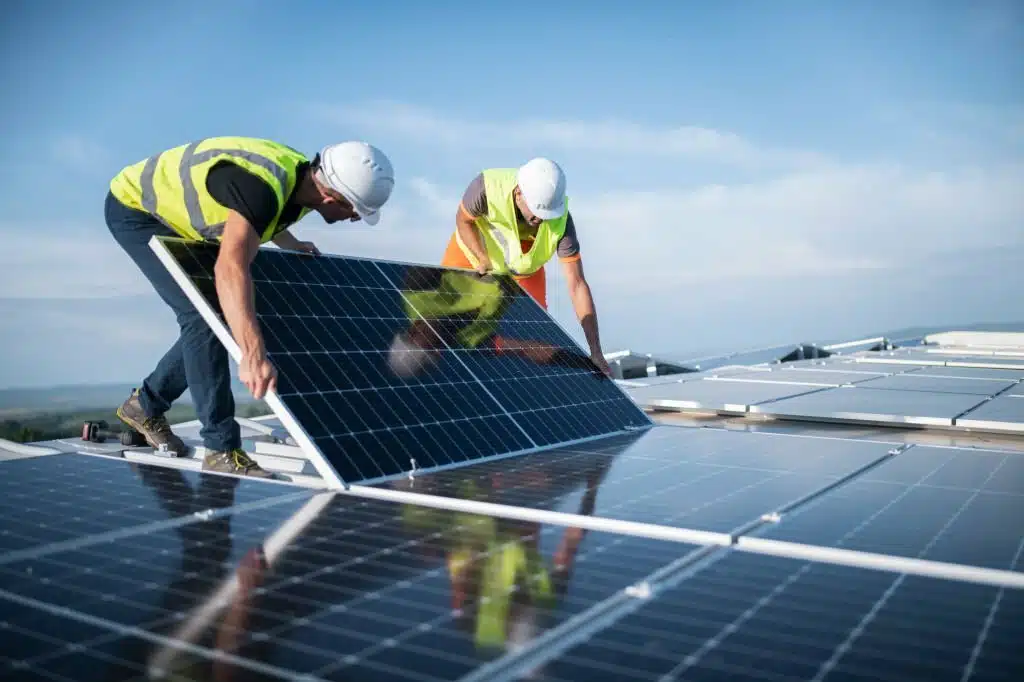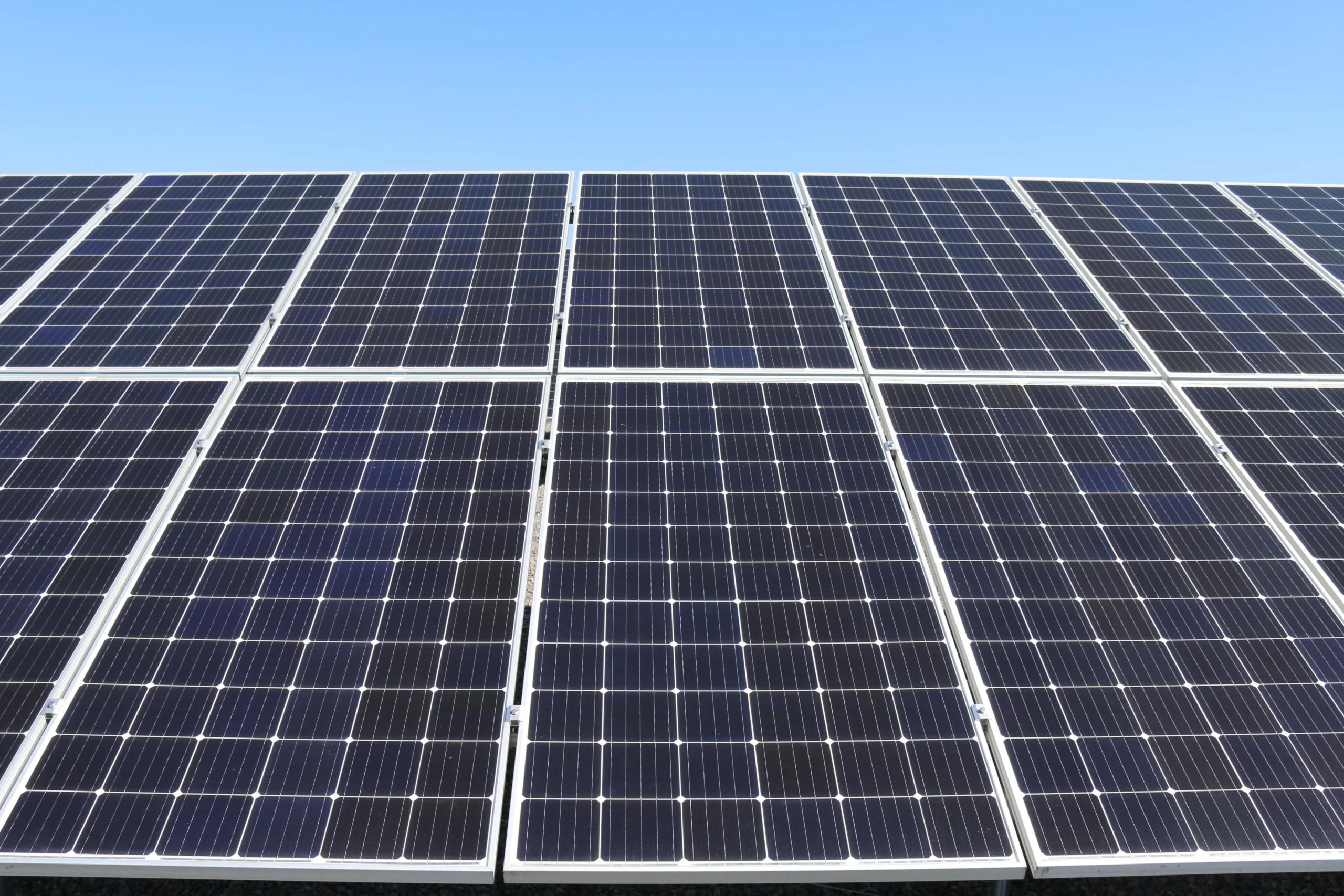Wondering if solar panels are a lucrative investment? You’re not alone. With the rise of renewable energy, many people are considering making the switch to solar power. But can you actually make money from installing solar panels? Let’s delve into this question and find out what the experts have to say. From potential savings on your utility bills to tax incentives and more, we’ll cover all the important factors that could impact your bottom line. So before you take the leap into solar energy, join me as we explore whether or not it can truly be a profitable venture for you.
So, can you make money from solar panels?
You can make money from solar panels. In fact, investing in solar energy has become a popular and profitable option for many individuals and businesses. The experts say that not only can you save on your electricity bills by generating your own clean energy, but you can also earn money through various incentives and programs.
One way to make money from solar panels is through net metering, where excess energy produced by your panels is sent back to the grid and credited towards your electricity bill. This means that during times when your panels are producing more energy than you need, you can essentially sell it back to the utility company.
Additionally, many states offer tax credits or rebates for installing solar panels. These financial incentives can help offset the initial cost of purchasing and installing the panels.
Furthermore, some areas have community solar programs where multiple households or businesses share a larger solar system and receive credit on their electricity bills based on their portion of ownership.
Overall, while there may be an upfront investment required for purchasing and installing solar panels, they have proven to be a smart long-term investment with potential for both savings and earnings. So yes, making money from solar panels is definitely possible!
Understanding the Economics of Solar Panels: Costs Vs. Returns
When considering solar panels, many people often wonder about their economic impacts. Initially, there is the cost of purchasing and installing the panels, which can be significant. For a typical residential setup, this could range from $15,000 to $25,000 before any incentives or tax credits are applied. However, these upfront expenses must be weighed against long-term savings on electricity bills. By harnessing sunlight to generate energy for your home, you may see reductions of 50% or more in your monthly utility costs. In some cases, homeowners have reported complete independence from their local power grid within just a few years.
Beyond mere savings on energy bills lies the potential for returns through programs like net metering. This allows homeowners with solar systems to sell excess power back to the grid at competitive rates. As an added incentive—particularly appealing in regions with abundant sunshine—many governments offer rebates and tax breaks that further lessen financial burdens and enhance returns on investment (ROI). Over time, properties equipped with solar panels often experience increased market value as eco-friendly features become more desirable among buyers looking for sustainable living options.
In short, while initial costs may seem daunting at first glance, carefully calculated long-term benefits reveal a promising landscape where investments pay off handsomely over time.
How Utility Bill Savings from using Solar Panels Can Contribute to Your Profit
Switching to solar panels can significantly reduce your utility bills, freeing up extra cash that you can use for other important expenses. Imagine looking at your monthly electricity statement and seeing a much lower number—or even zero! This means more money in your pocket each month. The savings might not only cover the cost of maintaining your solar system but could also allow you to invest in things like travel, education, or home improvements. Over time, these savings accumulate, creating a substantial financial cushion that contributes positively to your overall profit.
Additionally, many regions offer incentives for installing solar energy systems, which further enhance financial benefits. These can include tax credits or rebates that provide immediate savings on the purchase price of the solar panels. Plus, as energy prices continue to rise over the years, having a self-sustaining source of power becomes increasingly valuable—your fixed costs remain low while others are paying more for traditional electricity sources.
- Lower monthly bills
- Tax credits and rebates
- Increased property value
By harnessing sunlight instead of relying solely on conventional energy sources, you’re not just saving; you’re investing in a greener future while boosting your personal profits as well.
Read also: How can I make money as a welder?
Exploring Government Incentives and Tax Breaks for Solar Energy Users
When it comes to harnessing the power of the sun, government incentives and tax breaks play a crucial role in making solar energy more accessible. These programs are designed to encourage individuals and businesses to invest in renewable energy sources by easing the financial burden associated with installation costs. For example, many states offer tax credits that allow residents to deduct a significant percentage of their solar panel expenses from their state taxes. Additionally, there are often federal tax benefits available, such as the Investment Tax Credit (ITC), which offers a substantial rebate based on installation costs. This means that when you decide to switch to solar energy, you’re not just saving on your electricity bills; you’re also benefiting from financial support that can significantly lower upfront investment.
Moreover, these incentives don’t stop at individual households; businesses can also reap rewards through various grant programs and rebates specifically tailored for commercial installations. Many local governments have stepped up too, providing additional funding opportunities or low-interest loans aimed at boosting renewable energy projects within communities. By taking advantage of these offerings, users can reduce their carbon footprint while finding potential savings in their budgets. The combination of environmental responsibility with financial benefits makes adopting solar energy an increasingly attractive prospect for both homeowners and business owners alike.

Examining Potential Earnings from Excess Solar Power Production
When homeowners invest in solar panels, they often envision significant savings on their energy bills. However, many may not realize the potential earnings from generating excess solar power. This happens when the system produces more energy than needed for daily use, especially during sunny days. When surplus energy is fed back into the grid, it can lead to credits or payments from utility companies through net metering programs. These policies allow individuals to receive compensation based on the amount of electricity sent back home.
Moreover, several factors influence how much one can earn from this process. The size of the solar panel system, local incentives and rebates, and even state regulations all play a crucial role in determining profitability. For example:
- System Size: Larger systems generate more excess power.
- Local Policies: Some areas offer generous incentives for renewable energy production.
- Solar Exposure: Houses with optimal sun exposure maximize efficiency.
Understanding these aspects helps homeowners gauge possible income streams while also contributing positively to environmental sustainability by reducing reliance on fossil fuels.
You may also like: What Jeff Yass thinks about joint ventures
Weighing the Financial Benefits and Challenges of Going Solar
Deciding to go solar is not just about choosing a new energy source; it’s also a smart financial choice that can lead to long-term savings. Solar panels can significantly reduce or even eliminate your electricity bills, which means more money in your pocket each month. Many states offer tax credits and incentives, making the initial investment less daunting. For instance, homeowners could see savings of thousands of dollars over the lifetime of their systems. Additionally, as utility rates continue to rise, having solar power provides an extra layer of protection against fluctuating energy costs.
However, there are challenges that come along with this transition. The upfront cost of purchasing and installing solar panels can be high—often ranging from $15,000 to $30,000 before any incentives kick in. Not everyone has the budget for such an investment right away. Moreover, not all homes are suited for solar energy due to factors like roof orientation or shading from trees and buildings.
- The installation process may require permits.
- Maintenance should be considered as well.
- Adequate research on local regulations is essential.
This shows that while going solar offers fantastic financial benefits over time, careful planning and consideration are necessary to navigate potential hurdles effectively.

